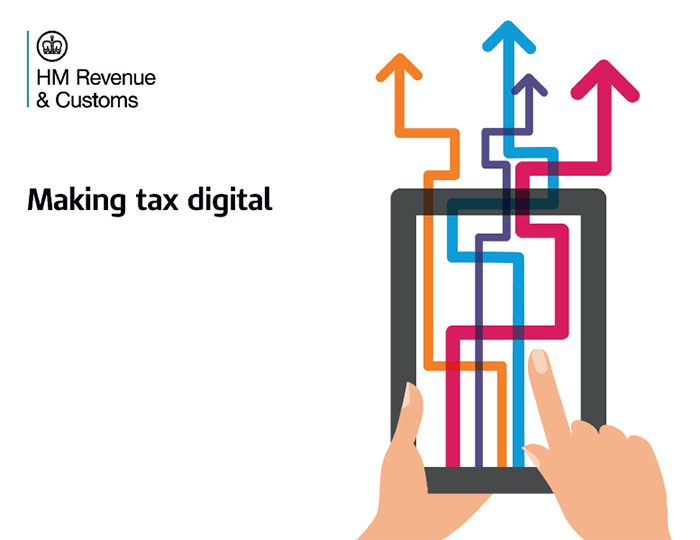Tax change on the way
In Running Your Business
Follow this topic
Bookmark
Record learning outcomes

In July, the Government announced a consultation on proposals for a significant change to the taxation of sole traders and partnerships. New rules due in next April have been delayed for a year, but a welcome simplification of tax rules could mean higher than expected tax bills from January 2025, according to chartered accountant Kirsty Swinburn.
Ms Swinburn says that the new system will apply to all sole traders and partnerships and “will mainly affect businesses who have anything other than a 31 March or 5 April year end.”
Ms Swinburn says that under the current regime, businesses are taxed on the profits based on the accounts of the year ending in the tax year. “If your business has a 30 June year end, your 2020/21 tax will be based on the June 2020 accounts.”
This, she says, creates complexities, particularly in “the opening years of a business when profits can be assessed twice, and ‘overlap’ profits created. This overlap is used when the business ceases, but the value is often eroded by time or lost if a record isn’t kept”.
Under the new proposals, businesses will be taxed on profits earned in a given tax year, irrespective of their accounting year end, with an apportionment applied if required. According to an estimate reported by the Financial Times, some 280,000 sole traders and 250,000 partners could be caught up in the change.
As the proposals stand, the ‘tax year basis’ would replace the ‘current year basis’ entirely from 2024/25. Ms Swinburn says: “2023/24 will be the transitional tax year and the transitional adjustments may increase the tax liability for that year, payable by 31 January 2025.”
To simplify matters, businesses may want to consider changing their year-end to either 31 March or 5 April to align with the tax year. Ms Swinburn notes that for businesses currently experiencing poor trading results, arising from the pandemic, for example, early adoption of a 31 March or 5 April year end may be beneficial, although she says this should be looked at on a case-by-case basis.
For sole traders and partners in businesses with anything other than a 31 March or 5 April year end, her advice is that they “should ensure they have a record of their overlap profits, as relief for this will need to be claimed in the 2023/24 tax year at the latest. This figure should have been recorded on the tax return each year. Professional advice may need to be sought if it hasn’t been.”
There is nothing in the proposals that requires businesses to change their accounting year end, but Ms Swinburn says: “Businesses that don’t will need to do an apportionment each year. For example, those with a 30 June year end will have profits assessed in 2024/25 based on three 12ths of the profit in the year to June 2024, plus nine 12ths of the profit for the year ended June 2025.” She warns – and emphasises – that “those with a 31 December year end would have just one month to prepare accounts before figures have to be submitted to HMRC.”
What’s next?
The proposed reforms are part of the Government’s Making Tax Digital (MTD) programme. MTD already applies to VAT and is scheduled to be introduced for income tax from 6 April 2024.
MTD for income tax will apply to all self-employed businesses and landlords with annual business or property income above £10,000. “At its core is a requirement for quarterly reporting, a process which will be much simpler if all businesses are on a tax year basis for the assessment of profits,” says Ms Swinburn.
